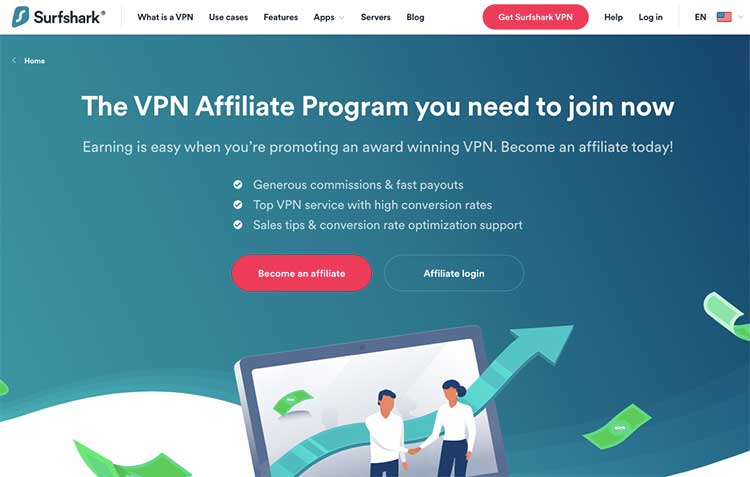Table of Content
Unfortunately, this means that even last year's smartphone is faster than today's router. And this will bottleneck your data speeds for the encryption-related reasons above. From time to time, bugs and other issues can lead to problems including slow internet. When these are identified and fixed, the VPN provider rolls out an update.
There’s a chance, though, that despite tinkering with settings—or wisely not doing anything with them at all—that your VPN is still slow. Try and find a server that’s closer to you than the one you’re currently using if you’re able to do so. West Coast server rather than one on the East Coast, or vice versa.
Online Shopping
Using a wired connection removes those interfering factors by giving your PC or laptop an unobstructed connection. All it takes is an Ethernet-compatible device and a network cable plugged directly into your router. If you don't have an Ethernet port on your device, you might be able to use an USB-C to Ethernet adapter. It’s best to check whether it’s your internet connection that’s slowing you down. Avast SecureLine VPN for iOS is your blazing-fast ticket to a secure and private internet connection. Avast SecureLine VPN for Android is your blazing-fast ticket to a secure and private internet connection.

While it might have seemed mysterious at first, hopefully this explanation cleared the air as to what is really going on. Specify the office LAN IP address range for the static route. Modify the VPN interface on the laptop to disable it as the default gateway. Generally, you should never disable your firewall or antivirus as they are your last line of defense against potential malware. Yet, they both slow down your internet because they filter inbound and outgoing data. To do so, first, make sure that you’re disconnected from your VPN.
Change servers
Avast SecureLine VPN for Mac is your blazing-fast ticket to a secure and private internet connection. Avast SecureLine VPN for Windows is your blazing-fast ticket to a secure and private internet connection. Many newer laptops don’t even come with Ethernet ports anymore, but if yours does, give it a shot. There are also plenty of adaptors on the market that will allow newer devices to accept an Ethernet cable.
This is more common than you might think because a lot of people use VPNs for media streaming and torrenting. Switching to UDP might help with speed but could result in a more unstable connection. Check your VPN settings to see if manual switching is supported.
Support
Most of the speed decrease is caused by the distance between you and the server as well as the load on the server. Other factors, like the VPN protocol and encryption, also play their part—but they’re supporting actors rather than leading roles. If the results from the VPN are less than around 60% of your regular speed, then the VPN is the problem. Also, other factors affect the speed of your VPN connection and they include; server load, server location, encryption strength, network type, and VPN protocol.
Having your VPN slow to a crawl can be frustrating at the best of times, and particularly when it’s not clear why. Luckily, there are plenty of steps to take to figure out what’s got your service bogged down. In many cases, Speedify can also help if used with only one Internet connection, by minimizing packet loss. This can be very useful for streaming and online gaming.
Speedify LIVEThis is a new form of VPN encryption that can massively speed up your connection. In some cases, you’ll be presented with a custom variant like NordVPN’s NordLynx. If you still experience a slow VPN at home, you should consider choosing a different VPN that is continually updated to provide you with the fastest available speeds.

My kids are attending Zoom classes and my wife and I can be on the internet no problem at the same time. I think the most important speed tests will be at home and at the office. But it could also be an issue with peering between the home connection and the office.
Read further to learn what these issues are and how a remote access software can help you overcome them. Since switching to Verizon Home 5G I've had some pretty awful connectivity issues on our work VPN. Some internal URLs were taking 5+ minutes to load (curl showed ~27kb/s speed). Since fast.com reported both on/off vpn speeds of 250+ mbps, I was blaming the application/network teams. Newer protocols that promise excellent connection speeds with uncompromising security are now on the rise.

When using the internet, your service provider may automatically switch from a faster network type, so a slower one to maintain reliability. If your connection speed suddenly dips while browsing, you should check your internet connection. Most VPN providers indiscriminately tunnel traffic from all apps and services on your device. If you’re running multiple apps that require an internet connection, your internet may become slow due to the increased bandwidth. One major complaint regarding VPNs from the users is slow connection speed. The effect of the underlying VPN encryption on connection speed is understandable to some extent.

No comments:
Post a Comment